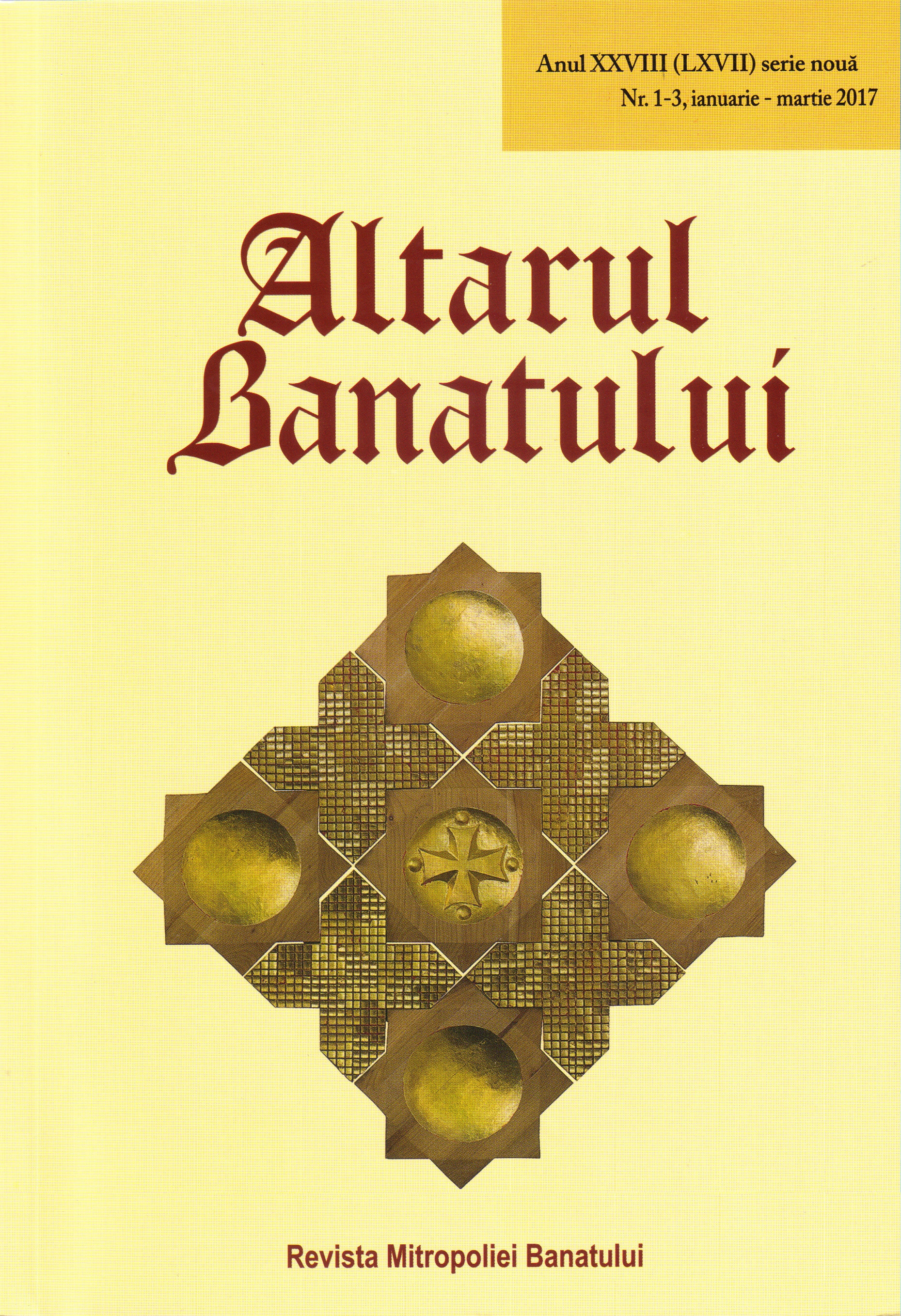Cateva profetii din Vechiul Testament despre Maica Domnului
Some Biblical Prophecies about the Mother of God
Author(s): Șerban DrugașSubject(s): Christian Theology and Religion, Biblical studies, Eastern Orthodoxy
Published by: Mitropolia Banatului
Keywords: Old Testament; Virgin; prophecies
Summary/Abstract: The biblical prophecies are of many kinds, from the most obvious to allusions and metaphors, from those concerning the future of Israel to those with a messianic or eschatological content. Among the messianic prophecies, those referring to the Mother of the Lord are special. We find the interpretation of the prophecies first in the New Testament, and then in the Holy Tradition of the Church. The rationalist doubt for the prophetic or miraculous character of a certain biblical text has no relevance when speaking about the work of God, as it is confessed in the Scripture and by the Church. We treated in this paper the following prophecies about the Mother of God: Genesis 3:15, Psalms 44/45,11-21, Proverbs 8,22-23, Isaiah 7,14 şi Ezekiel 44,1-3. First, the Mother of God is presented, in Genesis 3:15, as the second Eve, giving birth to Messiah. Then, we understand that she was chosen by God, Who made her a lot of gifts, especially spiritual (Psalms 44/45:11-15 – cf. Luke 1:28). The prophecy is sending us to a moment not mentioned in the New Testament, but kept in the Tradition – of giving little Mary to the temple by her parents, being accompanied by many virgins (Psalms 44/45:16-18). The prophecy transmits to us a precious principle in the Orthodox cult, that the Mother of our Savior becomes our mother (Psalms 44/45:19). The lords of the world and the peoples will honor her and will receive the protection of the Mother of the Lord (Psalms 44/45:19) – as assured, also, by herself, in Luke 1:48. Prov. 8,22-23 is understood by many of the Holy Fathers as a reference to the eternal knowledge of God about His Mother and her important role in the plan of the salivation. The prophecy in Isaiah 7:14 presents us the miraculous birth of the Savior by a Virgin, as understood in the Septuagint, in the New Testament and by all the Holy Fathers that wrote about it. Ezekiel 44:1-3 has also an old tradition of interpretation in the Church as referring to the virginity of the Mother of the Lord.
Journal: Altarul Banatului
- Issue Year: XXVIII/2017
- Issue No: 01-03
- Page Range: 34-59
- Page Count: 26
- Language: Romanian

